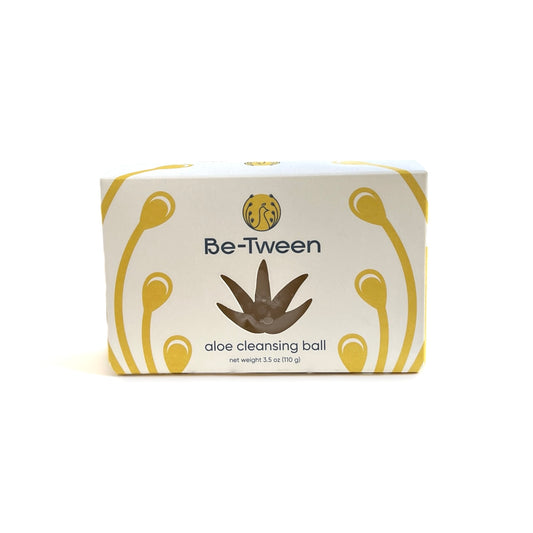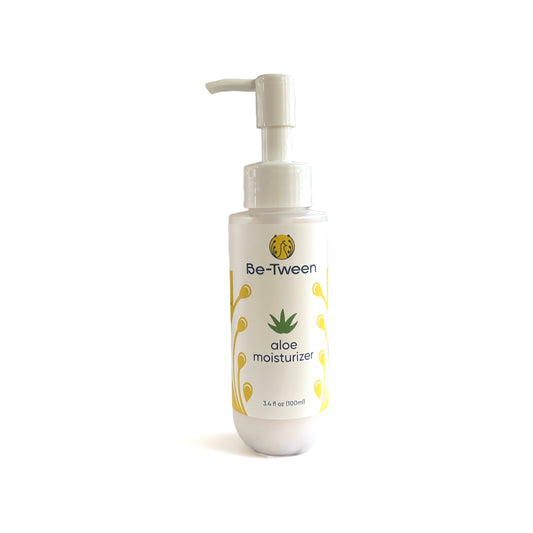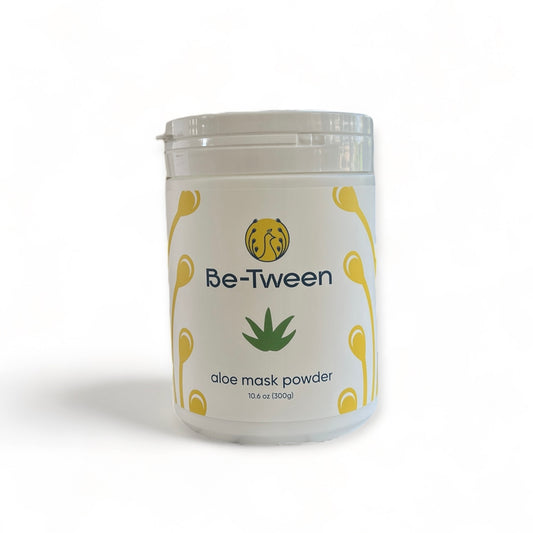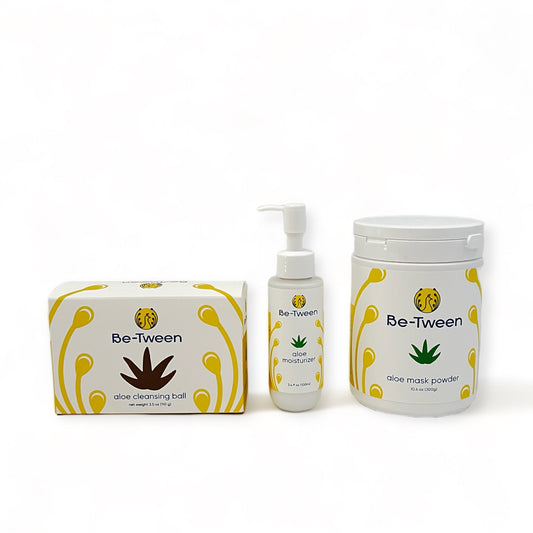The world of influencer marketing has changed dramatically over the past decade. As someone who has worked in the beauty industry and now runs a brand catering to Gen Alpha, I’ve seen firsthand how the landscape has shifted. The rise of social media has lowered the barrier to entry, making it easier than ever for anyone—including tweens—to position themselves as influencers. However, this shift raises serious concerns that both brands and parents need to be aware of.
1. The Issue of Unmonitored Social Media Accounts
Many of the influencer inquiries we receive come from accounts belonging to kids under 13 who, technically, shouldn’t even be on most social media platforms without parental supervision. Yet, many of these accounts appear to be completely unmonitored. This raises a host of concerns—not only for brands looking to partner with responsible influencers but also for parents who may not realize what their kids are doing online.
2. Disingenuous Engagement and Copy-Paste Requests
A frequent issue we encounter is receiving direct messages (DMs) from tweens claiming they “love” our brand—despite never having used our products, engaged with our content, or even followed our account. It’s clear that many of these messages are copy-paste templates being sent en masse in the hopes of getting free products. This lack of authenticity diminishes the value of influencer partnerships and raises a bigger question: What are we teaching our kids? That simply asking (or exaggerating) gets them free things?
3. The Problem With Unfulfilled Promises
Even when brands do send products to these influencers, many fail to follow through on their promises. Some never post at all. Others create content that consists solely of “PR unboxing” videos—brief clips showcasing what they received, with no real product use or engagement. This not only offers little value to brands but also reinforces a transactional mindset in young influencers rather than fostering genuine brand partnerships.
4. The Impact on Small Businesses
While big brands may be able to absorb the cost of sending free products without return on investment, small businesses cannot. Many brands, including ours, prefer working with parents of tweens to ensure transparency and accountability. When tweens solicit free products without intention of meaningful collaboration, it can take advantage of small businesses working hard to grow.
5. A Call for More Responsible Influencer Culture
The rise of tween influencers presents an opportunity for parents to step in and guide their kids on ethical social media behavior. Instead of encouraging children to request free products without genuine interest or intent to deliver, parents can help them learn the value of honesty, effort, and true engagement.
Final Thoughts
Influencer marketing isn’t going away—but how we approach it can evolve. As parents, we need to ensure our kids understand the responsibility that comes with having an online presence. Ultimately, teaching tweens to engage meaningfully rather than just seek free products will benefit them far beyond social media.
If you’re a parent interested in collaborating with Be-Tween, we’d love to connect! We value authentic partnerships where tweens genuinely enjoy and use our products—not just unbox them. Let’s set a better standard together.





